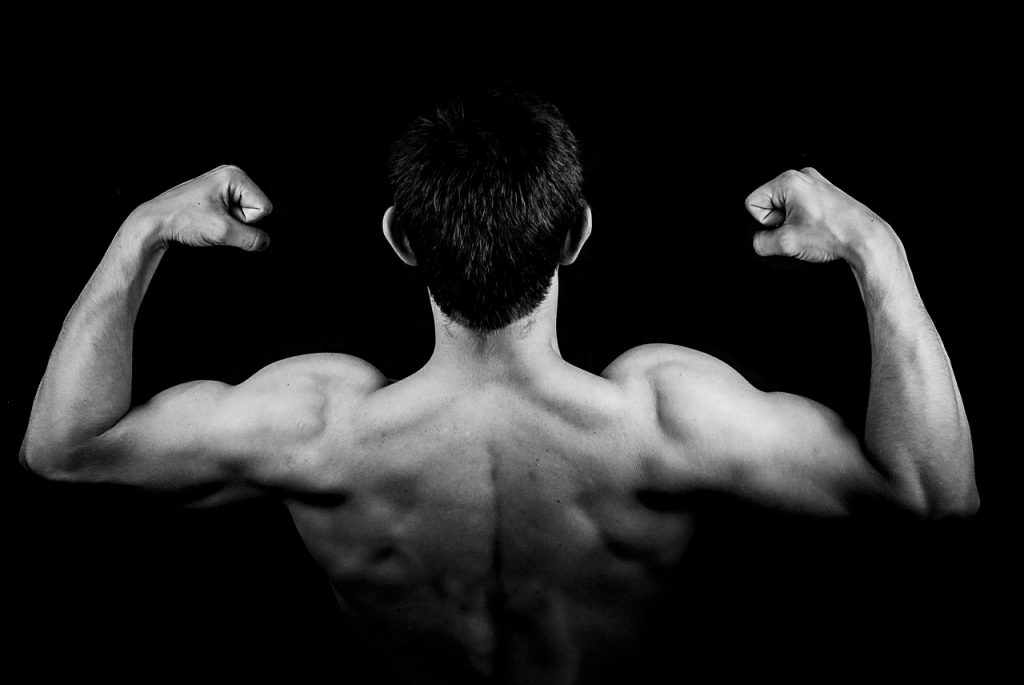Learn Why Healthy Levels of Testosterone Are So Crucial for Muscle Growth
The relationship between testosterone and muscle growth is, unfortunately, quite complicated. Healthy levels of testosterone are always ideal, but research indicates that testosterone levels don’t matter as much as how sensitive someone is to the specific hormone.

Companies that make and sell supplements love making testosterone look like some kind of miracle elixir. This is especially true for men, who have more testosterone than women, although women still have it and need it too. These businesses make it seem like raising your testosterone levels alone can turn you into someone stronger who has more energy. You’ll just become a better version of yourself all-around. Does this sound too good to be actually true? If you think so, you’re right, because it really is. Advertisements and marketing materials might make it sound like having your testosterone levels permanently elevated is a good thing, and yet, the relationship between muscle growth and the hormone just isn’t that simple.
For starters, you should know that the levels of testosterone vary from one person to the next. This is actually quite natural; no two people are alike after all. For a long time, many believed that more testosterone optimization would equal muscle growth happening faster. It was assumed that testosterone levels near the high end of what is considered a normal range would mean that someone would have a much easier time putting on muscle as compared to someone whose testosterone levels were naturally lower.
Consider it another way. Even if you eat the very same food or lift the same weights, then you would gain more muscle when you have more testosterone. It sounds quite simple, which is why it makes sense to people. However, more recent research looking into testosterone and how it impacts muscle growth shows that the correlation between these two is far more murky than anyone thought.
It’s been known for a while that while post-training periods would result in a temporary surge of testosterone, these surges don’t have much impact on just how much someone gains muscle over time. One study took place where researchers looked over data from 56 men taking part in a 3-month program of resistance training. If any post-exercise changes in the testosterone levels of the participants were actually important to building muscle, then two logical results would happen. Men who have the biggest testosterone responses to their training would wind up building more muscle than anyone. Also, anyone with smaller responses would build less muscle.
However, when the researchers looked over their data, they couldn’t find any significant link between muscle mass gains and exercise-induced spikes in testosterone levels. As they went further into the details, study subjects wound up being classified into two different categories. The first were responders, which were the men that built up the most muscle. The second were the non-responders, which were the ones who built up the smallest gains of muscle tissue. The hormonal responses of the responders were not any different than the non-responders.
Further analysis of the science behind all this showed something intriguing. The amount of testosterone that someone has at rest does not seem to have a lot do with muscle growth. Research shows that those who build up the most muscles following a 3-month weight training regimen were not the ones who had the highest levels of testosterone. Instead, the ones that gained the most were the ones who had more androgen receptors.
How do androgen receptors come into play? While testosterone does a lot in terms of muscle growth, it does need some way to interact with the actual muscle tissue. Androgen receptors are how that happens. One way in which androgen receptors actually respond to hormones such as testosterone is by sending signals to muscle cells that they should increase their rates of laying down new muscle proteins. In time, the increases in the synthesis of muscle proteins are what leads people to having bigger and stronger muscles.
Before you get too wrapped up in androgen receptors, first have your doctor check your testosterone levels. Quite a few people aren’t in their ideal range, and the difficulties this can cause go far beyond not being able to build muscle. However, if your testosterone levels are anywhere in the healthy range, which is a wide one, and you’re still having trouble building muscle, then it might be time to look into your androgen receptors specifically.